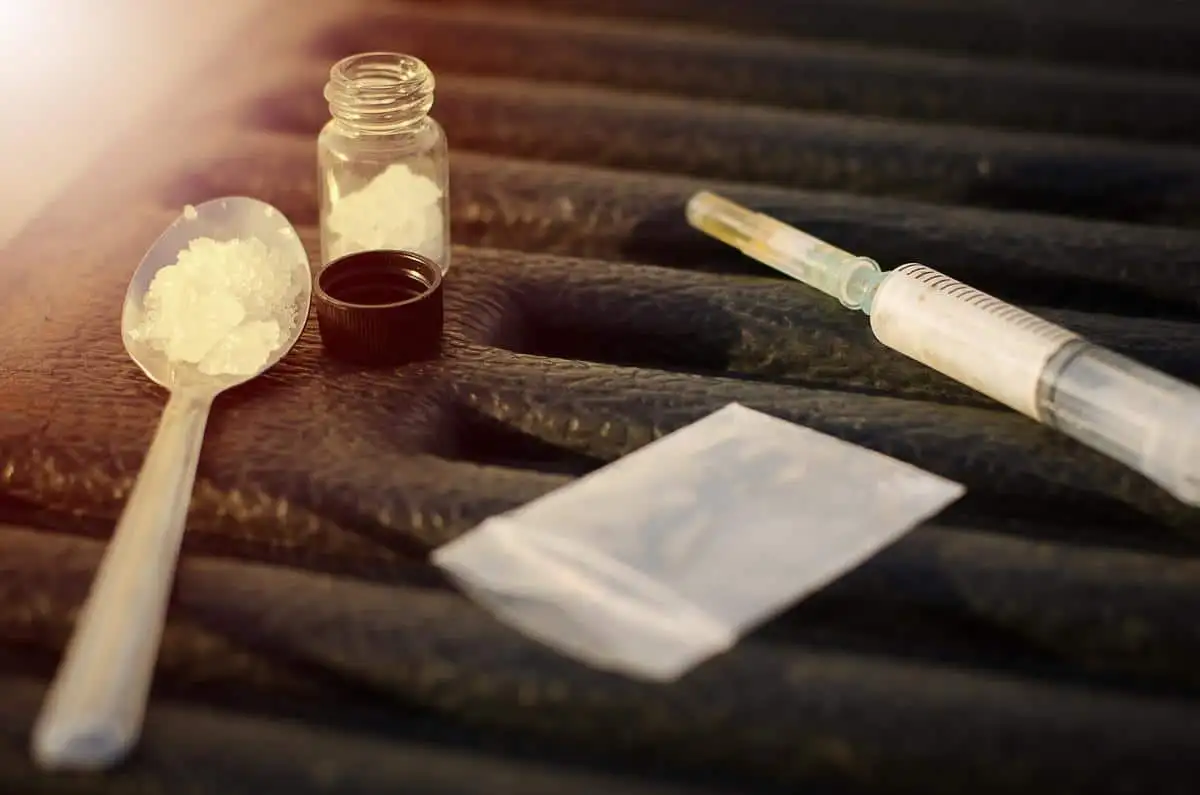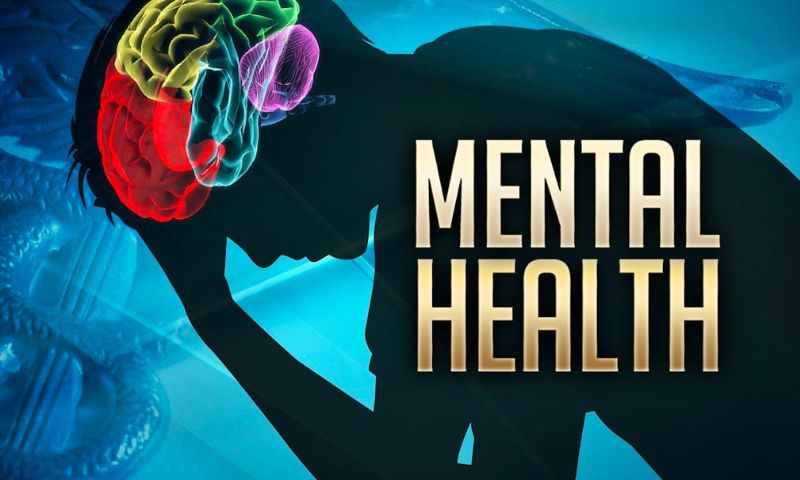
Top-Rated Mental Health Rehabilitation Center Islamabad: Complete Guide 2025
Mental health is an essential part of our overall well-being, yet it often goes unnoticed until challenges become overwhelming. At New Hope Rehab and Caring Center Islamabad, we are dedicated






